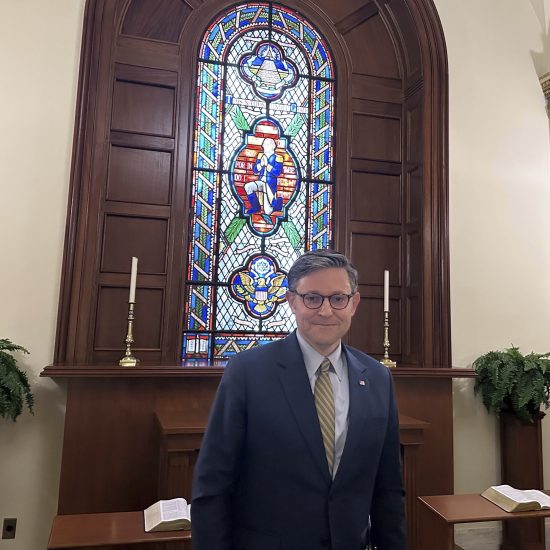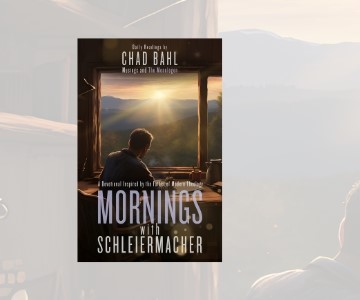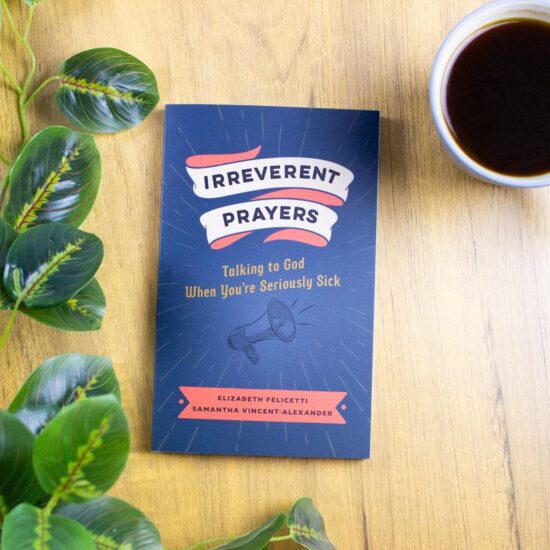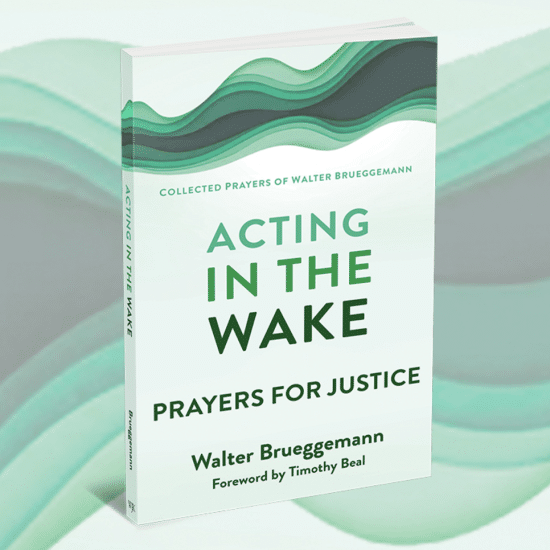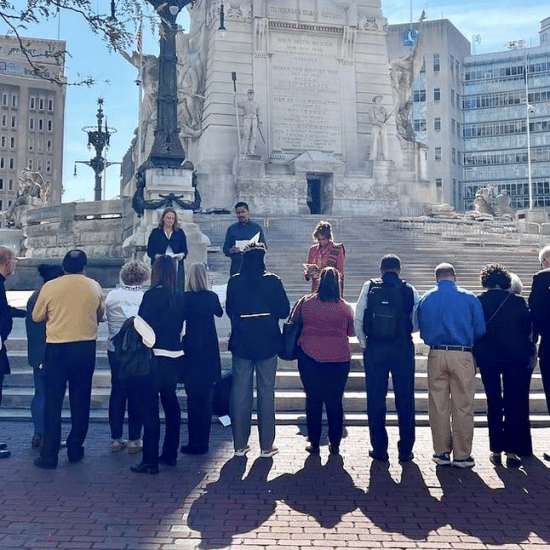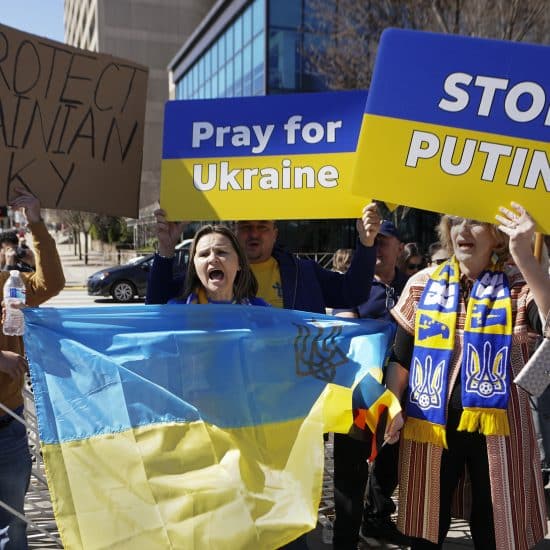WASHINGTON (ABP) — The U.S. Supreme Court declined Jan. 17 to reconsider a lower court’s decision barring a North Carolina county from invoking prayers in Jesus’ name at twice-a-month meetings of its main governing body.
The court declined without comment to accept an appeal of Forsyth County, N.C., v. Joyner, et al, leaving in place a July decision by the 4th Circuit U.S. Court of Appeals that policies of the county commission violated the Establishment Clause because the prayers were overwhelmingly sectarian.
The Baptist Joint Committee for Religious Liberty filed a brief in the case arguing that while the Constitution permits the use of “legislative prayer” to solemnize public gatherings, such prayers must be non-sectarian and not be used to proselytize or favor one religion over another.
The BJC brief reported that in an 18-month period all but seven of 33 prayers at commission meetings contained at least one reference to “Jesus,” “Jesus Christ,” “Christ,” “Savior” or “Trinity” and none invoked a deity associated with a faith other than Christianity.
Americans United for Separation of Church and State, one of the groups sponsoring the lawsuit, said the high court was right not to intervene in the case.
“When government meetings are opened regularly with Christian prayer, it sends the unmistakable message that non-Christians are second-class citizens in their own community,” said AU executive director Barry Lynn. “All Americans ought to feel welcome at governmental meetings. The Constitution clearly forbids government to play favorites when it comes to religion.”
The Supreme Court also declined to review a case involving a Delaware school board’s practice of opening meetings with prayer. In August the 3rd U.S. Circuit Court of Appeals found the Indian River School District’s prayer policy to be unconstitutional.
The Philadelphia-based 3rd Circuit rejected an argument that the prayers fit the exception to the Establishment Clause recognized for the tradition of legislative prayer. Because the school board’s purpose centered on public education, the court said its prayers were more akin to clergy-led prayers at graduation ceremonies, which are unconstitutional because even though technically voluntary, a student might feel compelled to attend.
-30-
Bob Allen is managing editor of Associated Baptist Press.
Previous stories:
N.C. county petitions U.S. Supreme Court to hear prayer case
Appeals court rules against Forsyth County prayer policy

